In a market full of all sorts of products, not only is the quality of Tea inconsistent, but even tea shop owners may use their sales talk to entice tea enthusiasts into buying tea. Some of these practices contravene standards of tea quality, so enthusiasts need to keep their eyes wide open.
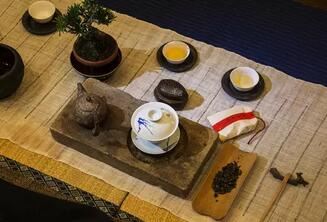
It's Not Tea If It's Not Bitter or Astringent
This is perhaps a phrase that tea enthusiasts have heard countless times, but the truth is quite different. Typically, tea does have a bitter and astringent taste, but good tea has excellent astringency, which can quickly transform the bitterness and astringency into a mild sweetness, known as the aftertaste. The faster this transformation happens, the better the tea. If the bitterness and astringency linger in your mouth without turning into sweetness, then the quality of the tea is likely poor. Enthusiasts should not be deceived by the idea that “it's not tea if it's not bitter or astringent.”
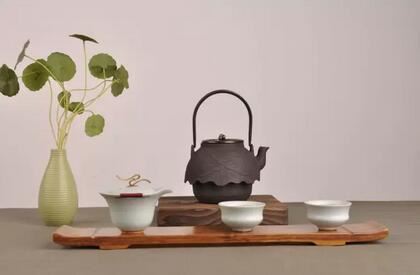
There's No Such Thing As Good Or Bad Tea; It's All About Suitability
Originally, there's some truth to this statement, but its validity depends on the tea's quality being acceptable. Many tea sellers take this out of context and use it as an excuse to sell subpar tea. Drinking high-quality tea regularly will make your palate tell you that there is indeed a difference between good and bad tea. However, personal preference is real, provided that the tea's quality is up to standard.
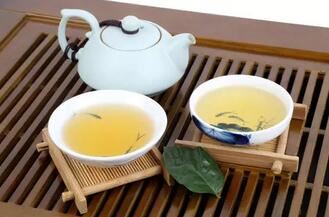
The Aroma Isn't Great, But the Character Is
This statement is inherently contradictory. The character of tea is a special sensation experienced during tasting, a feeling or realm, while aroma is a basic criterion for evaluating the quality of tea. Without aroma, how can one speak of character? Moreover, the term “Guanyin character” is named after the Tieguanyin tea's aroma!
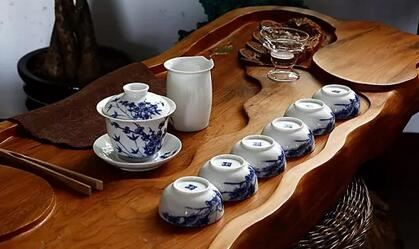
Tea From Tea Farmers Is Always Good
While it's true that some farmers produce excellent tea, most farmers have limited resources for tea production and lack comprehensive tea-making processes, meaning the raw tea they produce isn't necessarily of high quality.
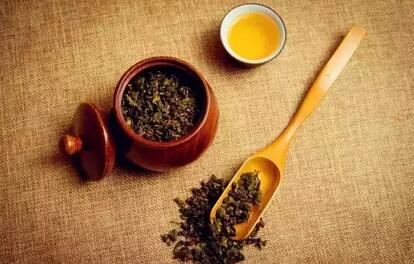
I Know ×× Tea Master
This statement often serves more as self-promotion. Selling tea is not about selling relationships, and knowing a master doesn't guarantee that the tea being sold is of high quality. After all, many celebrity-endorsed products aren't necessarily of great quality either. Besides, there are too many masters to keep track of.